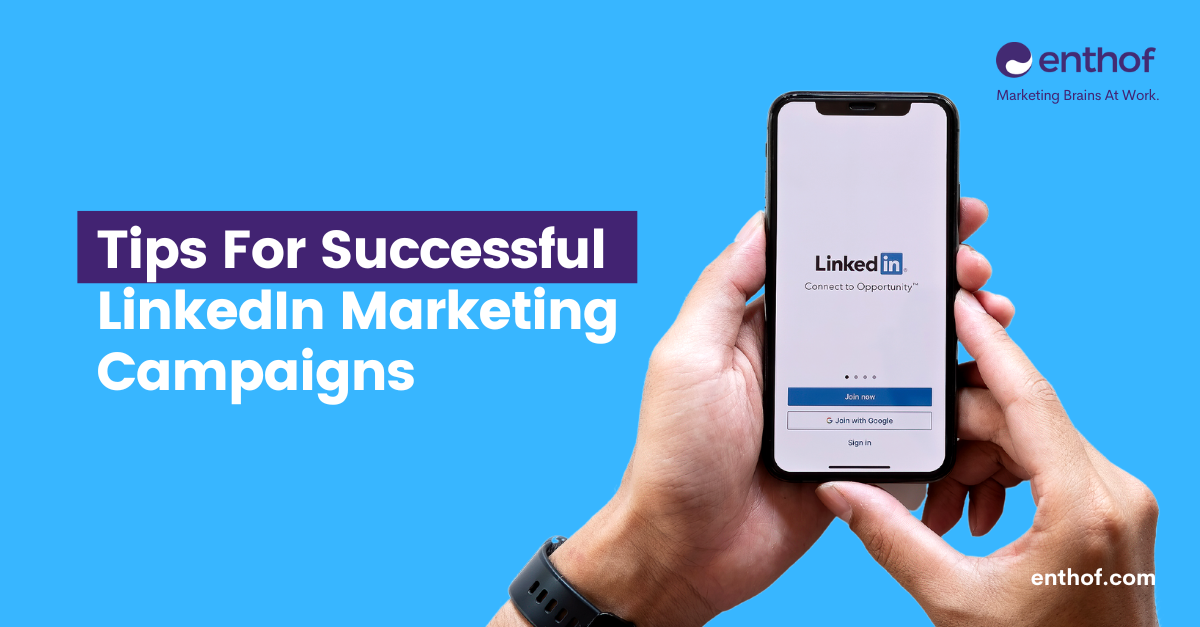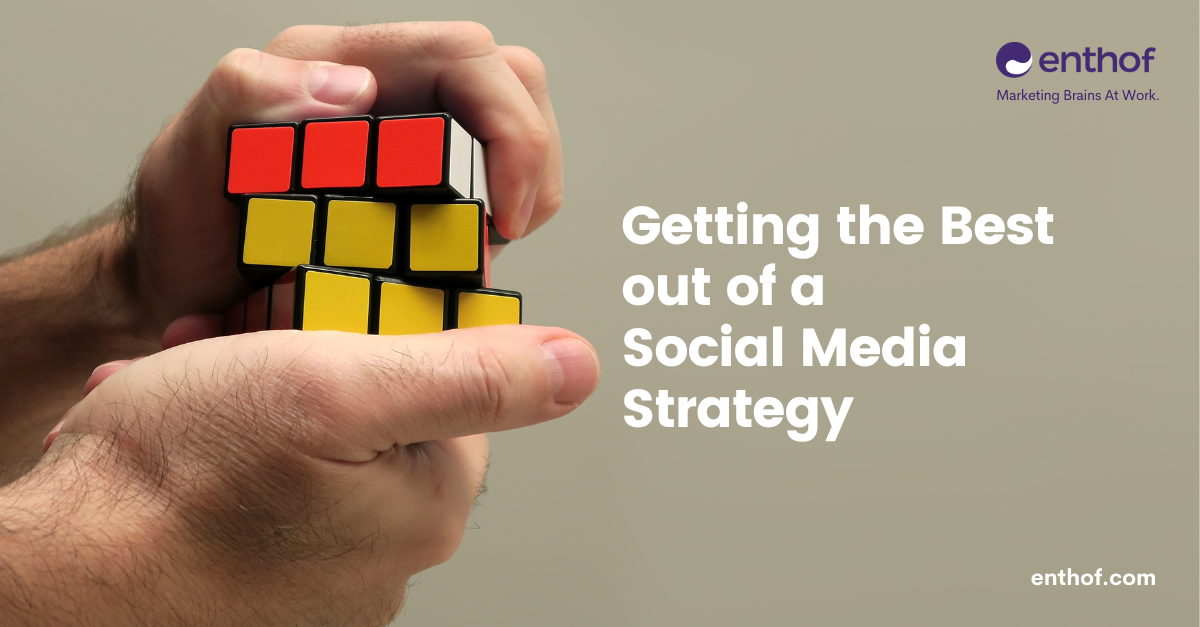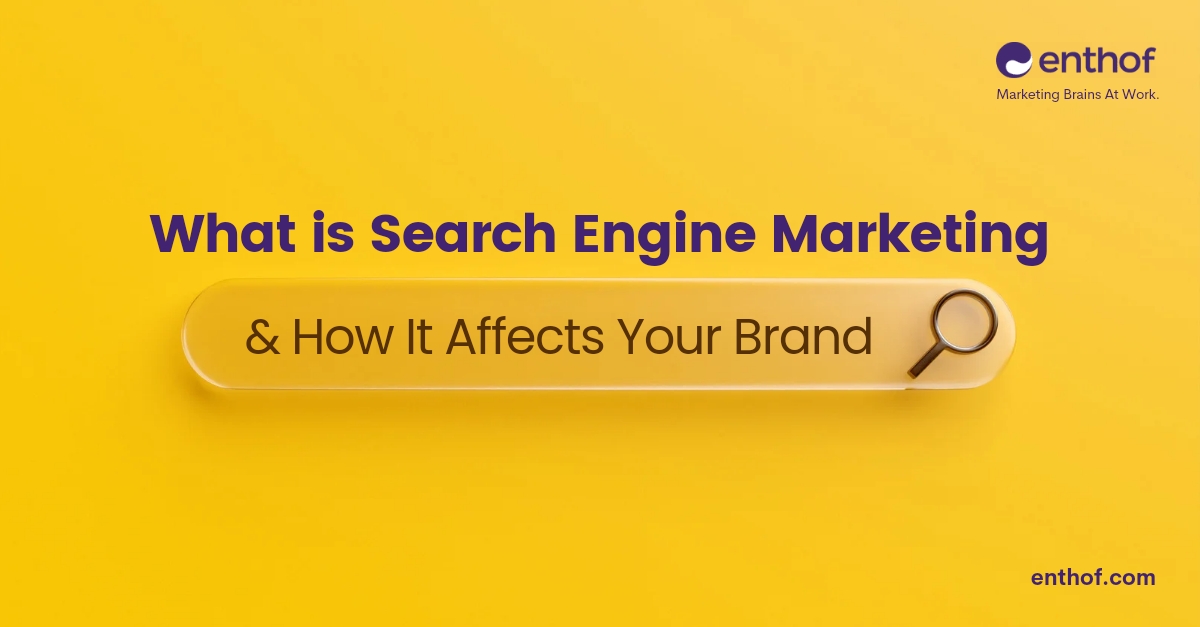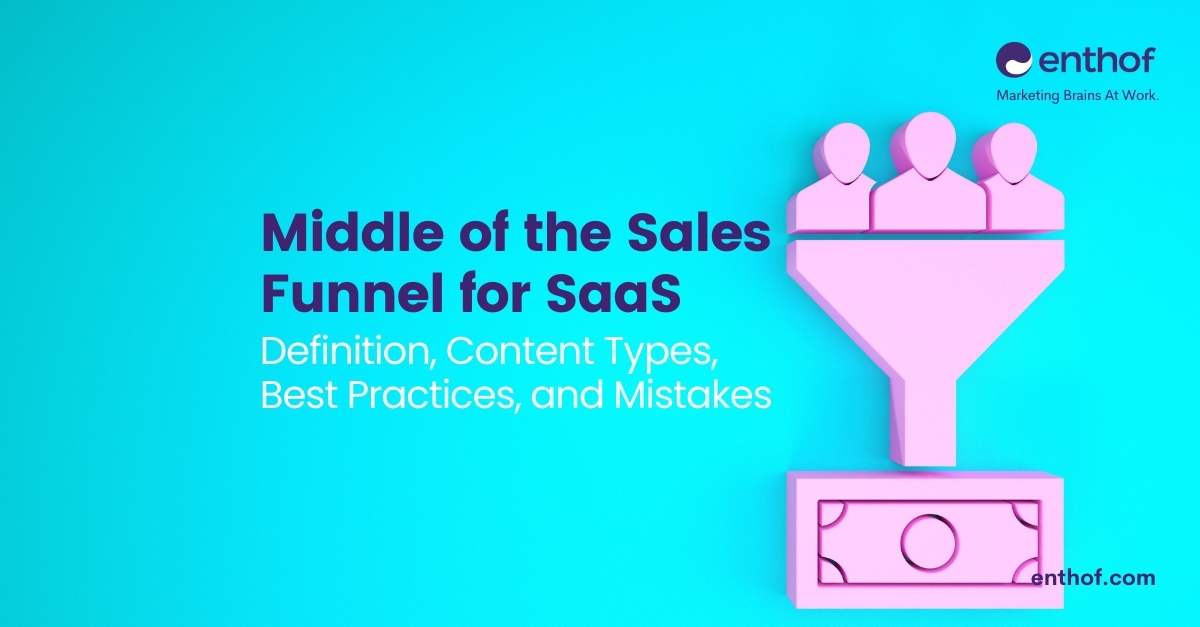Hashtags are labels that are used on social media to group content that is related to the same theme or subject.
A hashtag is a word, an unspaced phrase, or a combination of letters and numbers that has a ‘#,’ or hash symbol in front of it. As a result, hashtags like #socialmedia, #bestmarketingagency, and #greatwork have emerged.
The # symbol is often used as a number sign or pound sign, but internet users more commonly refer to it as a ‘hashtag mark.’ The # role was first introduced on Twitter, but it has since spread to other social media sites such as Facebook, Instagram, LinkedIn and Pinterest.
When you put a ‘#’ in front of a mark, it automatically turns into a clickable connection that takes users to a set of content with the same hashtag. People can use this to search for a specific subject they’re interested in and then sort through the results.
Additionally, any social media user can use the feature to categorise their posts under relevant topics or search words when posting content on social media. This helps them to contribute to the conversation while also allowing other users to find their social media material.
Why use hashtags?
#1. Increases engagement with your following.
In its humble beginnings, social media had one key purpose i.e. to allow users to connect and engage with a wider community. Adding relevant hashtags to your content can dramatically increase your engagement rates, including the number of likes, comments, shares, and new followers you receive. This is because they allow you to enter into the conversation about a particular topic, therefore making your content visible to those interested in that same subject.
Studies show that Instagram posts with at least one hashtag average 12.6% more engagement than those without, while Tweets that include a ‘#’ can see as much as a 1,065% increase in engagement compared to a similar Tweet without.
#2. Builds your brand.
You can also create branded hashtags as a great way to promote your business and boost your brand. These are unique because they are distinctive to your business. For example, they might include your business name, the name of your product/service or campaign, or your brand’s motto.
Not only are branded hashtags a great way to generate conversation and buzz around your product or service, but they also allow you to easily track contest entries and measure your marketing campaign’s engagement.
#3. Shows support for social issues.
Selected hashtags can also show support for various social issues, charities, or other important causes. Popular examples include #IWD2021 and #ChoosetoChallenge for the most recent International Women’s Day, as well as #BlackLivesMatter and #MeToo.
Posting content in support of these issues is a great way to get behind important initiatives and showcase your brand’s values and beliefs. It also allows you to weigh in on the discussion and maintain your brand’s relevance and attention to social or political events.
#4. Adds context to a social media post.
Not all social media platforms let you write a caption as long as you want. Twitter, for example, limits a post to just 280 characters. This is because, in the fast-paced world of social media, less is more — particularly when it comes to captions.
Hashtags allow you to add necessary context to your message without the need for repetitive sentences or using up your valuable character count.
#5. Assists your target audience to find you.
One of the biggest challenges facing brands every day is how they can successfully put themselves in front of their target audience. Social media is one way, but unless you’re using the appropriate hashtags, you’re simply not maximising your content’s reach.
On some platforms, such as Instagram and LinkedIn, users can also follow specific hashtags they’re interested in. Depending on how you hashtag your content, someone who follows that hashtag will then see your recent post in their feed. This could then lead to them following your brand and continuing to engage with your content.



